Greater Manchester Police: Dozens of officers ask to leave troubled force
- Published
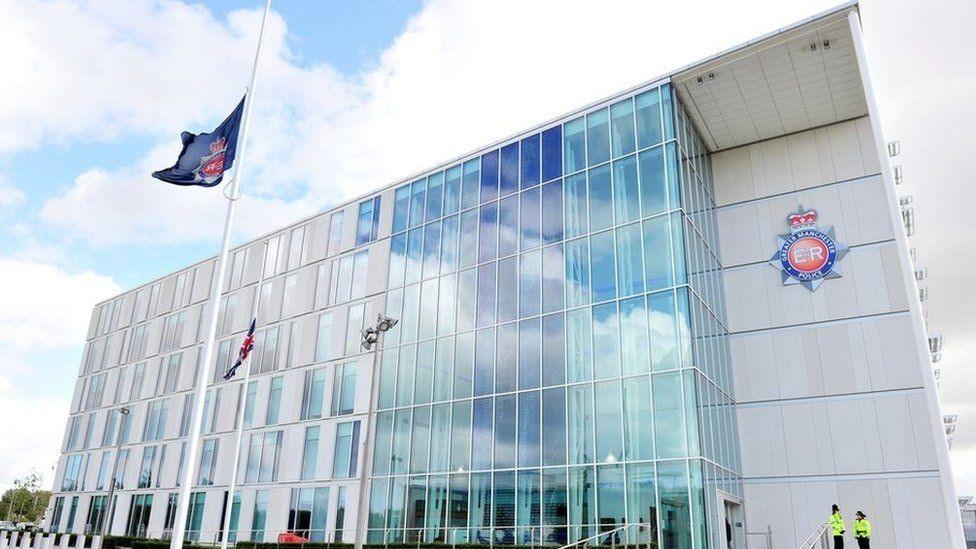
Inspectors found Greater Manchester Police failed to investigate 80,000 crimes in a year
More than 150 officers have applied to leave troubled Greater Manchester Police and transfer to a neighbouring force, the BBC has discovered.
A Freedom of Information request from Newsnight showed 155 officers have requested switches to Lancashire Constabulary so far this year.
GMP is in special measures after inspectors found it failed to investigate 80,000 crimes in a year.
Chief Constable Stephen Watson said keeping officers was a "top priority".
Just five officers requested moves in 2017, nine in 2018, 34 in 2019 and 62 in 2020, Newsnight found.
In December, Her Majesty's Inspectorate of Constabulary and Fire & Rescue Services found about 220 crimes a day went unrecorded in the year up to June 2020.
The incumbent chief constable Ian Hopkins subsequently resigned.
The rise in transfer requests emerged as a serving GMP officer said he "wouldn't feel confident reporting a crime to his own force" and made allegations of serious failings within England's second biggest police force.
The family of a rape victim in Rochdale also told BBC Newsnight how the force failed to arrest the suspect she had identified.
Mr Watson admitted: "There are a number of officers voting with their feet."
He said finding out why so many were seeking to leave was "at the very top of my list" and he wanted to "determine what it is that is driving them away so we can retain experienced staff".
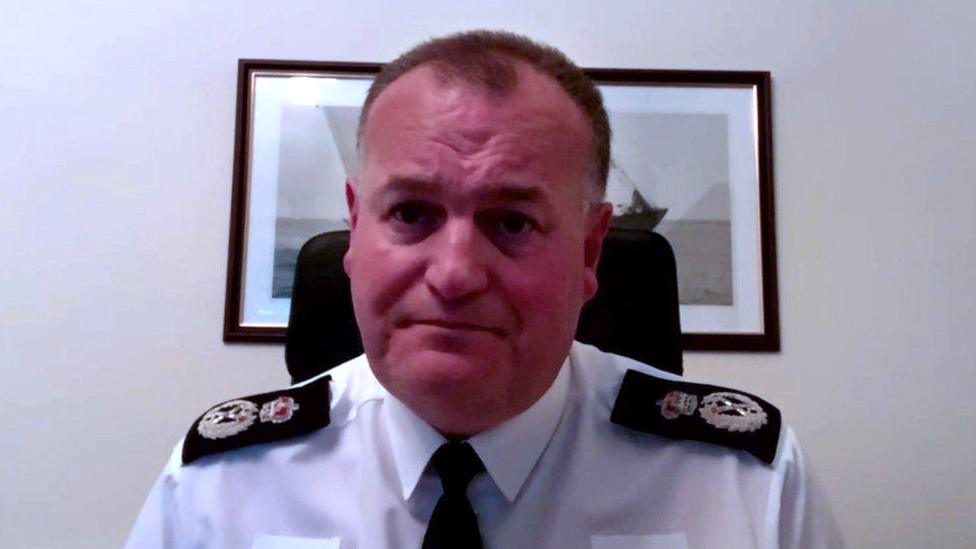
Chief constable Stephen Watson has promised to solve problems at the force
Many officers have blamed the GMP's new computer system, which went live two years ago, as the catalyst of some of the failings.
The Integrated Operational Policing System (iOPS) has been nicknamed iFLOPS by insiders.
Officers have alleged issues included panic radio buttons not working properly, a lack of intelligence sharing about dangerous suspects, and tasks taking hours longer to complete.
In response, the chief constable said he was reviewing the system alongside all its other operations.
"I know the iOPS is certainly not helping," he said.
"Our systems, processes and structures are in need of reform and we have already instigated reforms to be delivered at pace.
"We are surrounded by many thousands of very dedicated and very professional people who are really wounded by the force not performing.
"I'm entirely confident that with their help we will turn things round."
Mr Watson previously vowed to quit the force if it is not "demonstrably better" in two years.
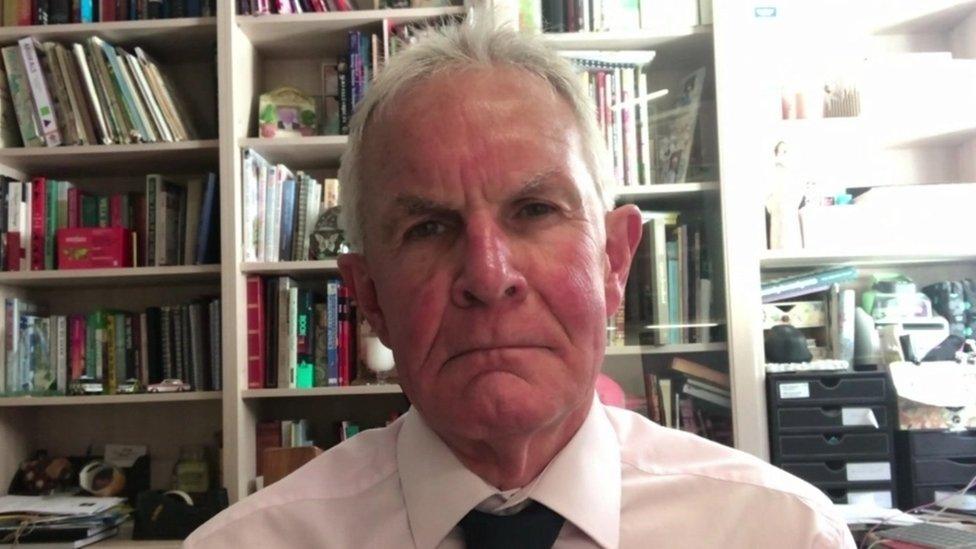
Sir Peter Fahy said there were "long-standing issues" within the force
Former GMP chief constable, Sir Peter Fahy, said there were "long-standing issues" within the force.
However Sir Peter, who retired in 2015, said police forces across the UK were "under a huge strain".
"I'm not sure there is a police officer in the country who is happy with the service they are providing to victims of crime," he told BBC North West Tonight.
"Officers are not able to provide the service they would like, which makes them demotivated and more likely to leave."
Greater Manchester Mayor Andy Burnham said "morale has been low" after a "very difficult year" at the force, which he said was exacerbated by financial cuts over the last decade.
He said the new chief constable had helped "restore morale" by bringing in changes to the way frontline officers work "so they are not pulled in so many directions".
You can hear more on Gail Hadfield Grainger's story in the documentary One Night in March on BBC Sounds and watch the Newsnight episode on iPlayer.

Why not follow BBC North West on Facebook, external, Twitter, external and Instagram, external? You can also send story ideas to northwest.newsonline@bbc.co.uk
Related topics
- Published28 June 2021
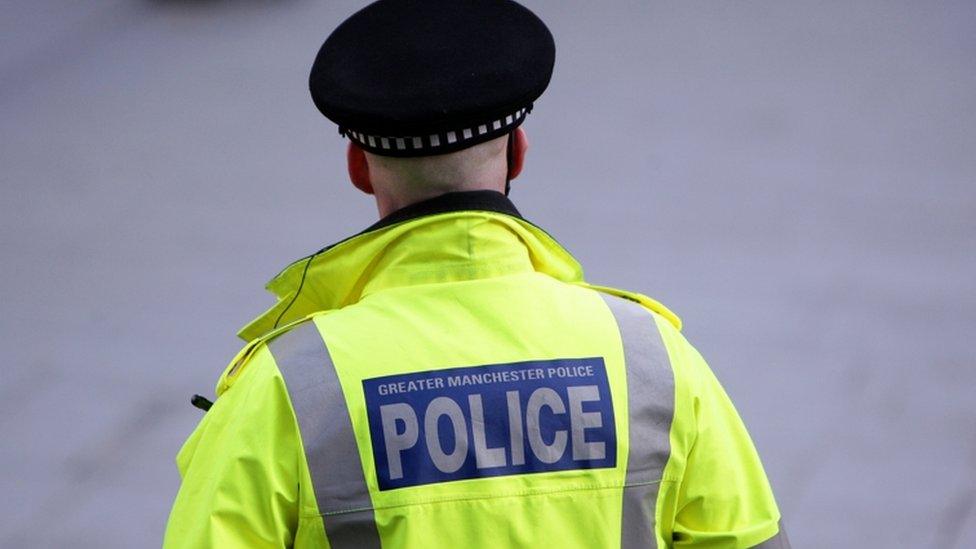
- Published29 June 2021
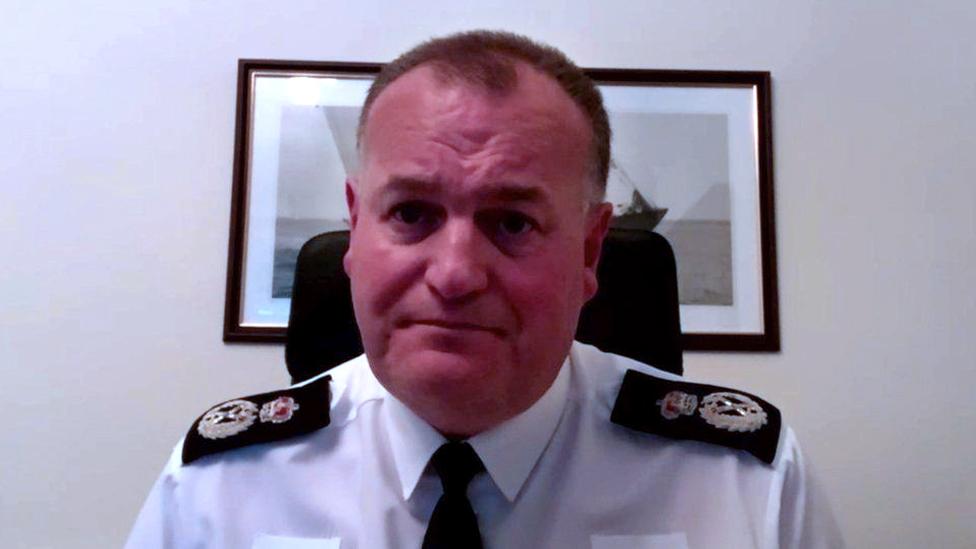
- Published26 March 2021
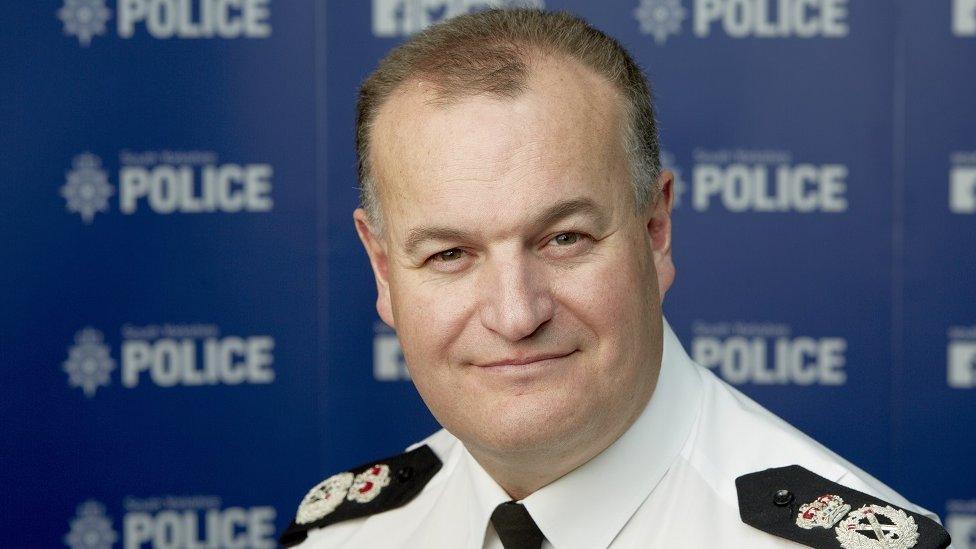
- Published27 May 2021
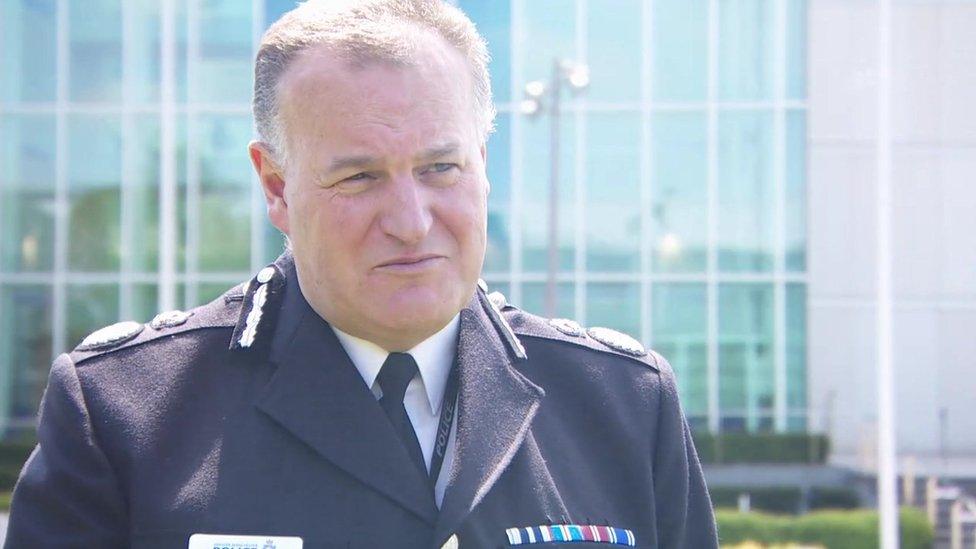
- Published5 February 2020
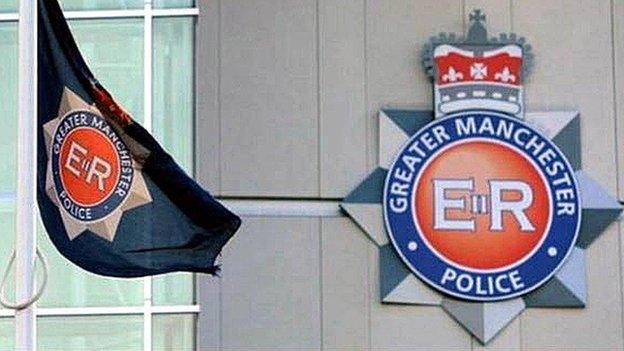
- Published3 March 2020
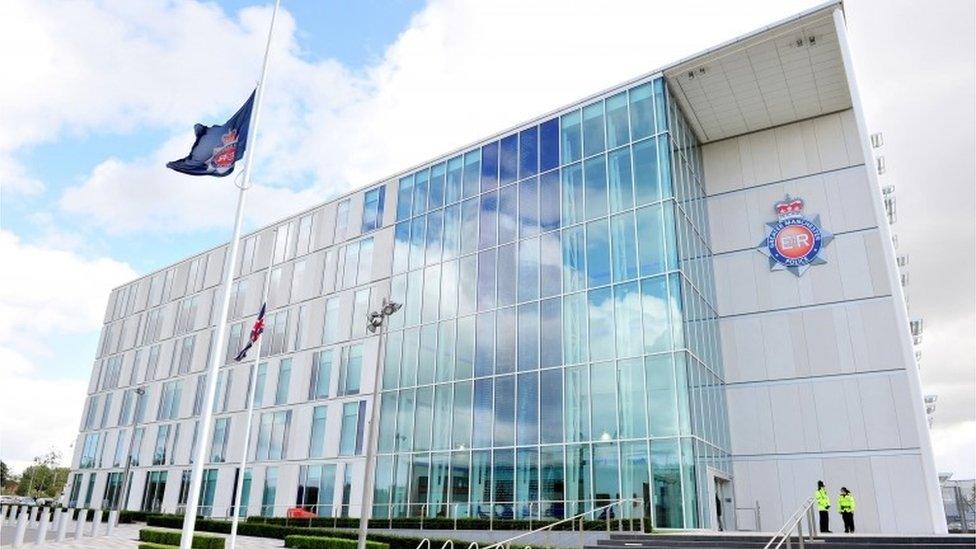
- Published4 March 2020
